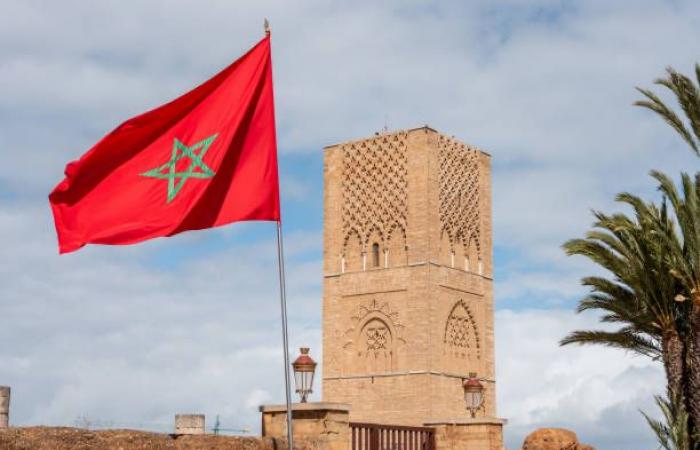After the Royal Palace announced the death of Princess Lalla Latifa, mother of King Mohammed VI, some pages and accounts on social networks rushed to announce a national mourning by relaying cancellations of festivals, concerts, sporting events and other festivities. All these cancellations were denied in fact since no official instructions had been given to this effect.
These delays reflect the vagueness surrounding the concept of national mourning. In Morocco, there is no law governing the declaration of national mourning; it remains a prerogative of the Royal Palace. The state of mourning is often declared on the occasion of the death of personalities in Morocco or in friendly and brotherly countries, or during tragic events such as natural disasters. Mourning includes several measures that reflect the state of pain and respect of the nation towards the deceased.
Mourning… When and why?
The declaration of mourning includes several measures, the most important of which are lowering flags at half-mast in government and private institutions, in public squares and holding funeral prayers in mosques for the deceased.
Official media also broadcast special programs on national channels and radio about the life and achievements of the deceased or about tragic events, as well as religious programs or recitation of the Holy Quran. Festive activities are also suspended during the mourning period.
Kings and princes
Following the death of King Hassan II’s brother, Prince Moulay Abdallah, on December 20, 1983, a three-day national mourning was declared (December 21-23, 1983), with flags flying at half-mast in all official buildings for seven days. Work was also suspended in all public, semi-public and private administrations and institutions on December 22, 1983 throughout the Kingdom, for funeral prayers at the Hassan Mosque in Rabat and in other mosques in the Kingdom.
On July 23, 1999, Moroccan television programs were interrupted and replaced by recitations of the Holy Quran. A few hours later, the death of King Hassan II was announced, after 38 years of reign. The Ministry of the Royal Household, Protocol and Chancellery announced that the funeral would take place after the Al Asr prayer on Sunday, July 25, 1999, and a forty-day national mourning was declared, the longest period of mourning in the Kingdom. Throughout this period of mourning, national television and radio continued to broadcast recitations of the Quran and programs enumerating the merits of the late king.
In November 2004, Morocco declared three days of mourning, with national flags flying at half-mast, following the death of Sheikh Zayed bin Sultan Al Nahyan, founder of the United Arab Emirates.
In early August 2005, Morocco also declared three days of mourning with flags at half-mast following the death of Saudi King Fahd bin Abdulaziz.
In January 2006, the Ministry of the Royal Household, Protocol and Chancellery announced that Morocco would lower national flags at half-mast on government buildings, administrations, public places and Moroccan embassies abroad for three days following the death of the Emir of Kuwait, Sheikh Jaber Al-Ahmad Al-Jaber Al-Sabah.
In January 2015, the Moroccan national flag was also lowered over government buildings, public institutions, administrations and public spaces for three days upon the death of Saudi King Abdullah bin Abdulaziz Al Saud.
More recently, in May 2022, Morocco declared three days of official mourning for the late President of the United Arab Emirates, Sheikh Khalifa bin Zayed Al Nahyan.
Accidents and natural disasters
In July 2011, King Mohammed VI declared three days of national mourning and the lowering of flags at half-mast in all public administrations and institutions, following the air disaster in Morocco on 26 July 2011, when a military plane carrying 81 passengers from the city of Dakhla crashed.
Mourning is also declared during natural disasters, such as after the earthquake that struck the Al-Haouz region on September 8, 2023, leaving more than 2,900 dead and 5,500 injured, mainly in the provinces of Al-Haouz, Taroudant and Chichaoua. King Mohammed VI thus ordered flags to be flown at half-mast for three days.
The declaration of mourning generally reflects respect and appreciation for the deceased or sympathy for the victims. It is part of a national tradition that promotes unity and solidarity among people in the face of sorrow and calamity.






